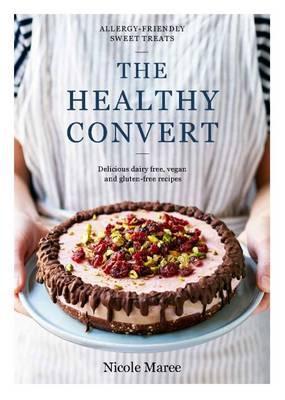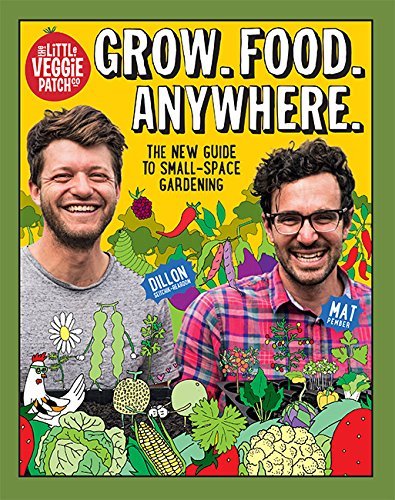
The air is less polluted, the sky clearer, and the water cleaner. Self-isolation and social distancing to an extent have reduced the carbon footprint giving the planet a chance to breathe and wildlife to be restored.
This said, while we are spending a lot of time at home, let’s take this opportunity to teach our children some simple steps of becoming an eco-conscious person!
“We never know the worth of water till the well is dry.”
- Thomas Fuller
Show the importance of saving water by turning off the tap when not in use. Sure, washing hands has become a top priority nowadays but make it a point of not allowing excessive water flow. For the ones who love long showers (spending most of the time playing with water!), set a time limit for their bath. But to see that they don’t feel pressurised doing this try giving some brownie points for short and clean showers!
To get them into the habit of using eco-friendly products replace your bathroom toiletries with natural soaps and hand washes that are also child-friendly. Some good ones include Rohr Remedy’s Honey Myrtle Body Wash or ANSC’s Sensitive Skin Pack, which includes the Eucalyptus Euphoria, an effective natural antiseptic soap for coughs and colds.
“If you want children to keep their feet on the ground, put some responsibility on their shoulders.”
- Abigail Van Buren
Becoming responsible begins by doing basic household chores. Encourage the kids to take out the bins and teach them about recycling and zero-waste. They can learn about which items in which household items can be recycled and how. This can be done by organising separate bins for paper, plastics, cardboard and so on. You can also get them to be creative through this by inspiring them to craft things, such as flower pots or accessories with the waste, hence instilling the concept of upcycling and repurposing. Interesting books on this are Be a Maker by Katey Howes and Recycle and Remake from Hardie Grant Books.
Similarly, make it a rule to switch off the lights and power points around the house when they don’t need them. This will eventually be a routine that goes hand in hand with the household chores.
“Why try to explain miracles to your kids when you can just have them plant a garden”
- Robert Brault
Gardening is one of the most fun and effective way children learn about sustainability. A simple and fun way to teach about seasons and how things grow is by harvesting your vegetables which also promotes healthy eating habits. Little Veggie Patch’s Deck of Cards is a perfect guide on the how-to of gardening and the Kids Seed Kit which is packed with heirloom seeds, planting instructions, biodegradable propagating pots, and reusable plant labels is a great kick-start to getting the little fingers dirty! For those kids who love animals, they can plant the seeds in cute ceramic pots like the Giraffe Planter, Octopus Planter, or Cat and Bunny Planter from Gail Ceramics.
Likewise, to get them more connected with nature is to enlighten them about bees and beekeeping or setting up bird feeders. Some great books on bees and beekeeping include Backyard Bees Book or Book of Bees.
“Plastic will be the main ingredient of all our grandchildren’s recipes.”
-Antony T.Hincks
Educate the kids on the harmful effects of plastic on one’s health and the environment. Get them to use alternatives to plastic in their daily life. Some great alternatives include the Hydro Flask, Earth Bottle x Love Mae, the stainless steel CrunchBox + Pots and Smoothie Cup from Seed and Spout Co., cotton made Snack Pack from 4 My Earth, and the Bamboo Toothbrush from Aroha Earth. Reusable food storages such as Beeswax Wraps, Eco Food Jars, Silicon Fresh Food Pouch, Reusable Produce Bags, or silicone Food Huggers - designed to embrace fruits and vegetables of all sizes and shapes, providing a comfortable space for any cut leftovers.
Also instead of plastic toys let them have fun, get creative and innovative with non-toxic, plant-based (and edible!) crayons from Eco Crayons, wooden toys you can put together from Have a Nice Day, the D.I.Y Pottery Kit, or even crocheted toys from Pebble.
“The easiest way to open your mind to new ideas and concepts is to open a book and read.”
- ChildInsider.com
One of the best resources to teach kids how to be environmentally conscious and to inspire them to become an eco-warrior is through books. For instance learn how to be a creative eco-warrior gained through the book Be a Maker, explore what makes our planet and how we live it through Here We Are, cook quick tasty vegetarian dishes through the Little Green Kitchen cookbook, dive into the process of growth through Things That Grow and embrace nature and it’s beings through the books, A World of Plants, A to Z Story of Australian Animals and My First Book of Nature.
All in all, in the words of T.S Elliot, “Home is where one starts from.” So, keeping this in mind, let’s make the most of this self-isolation or lockdown and inspire our children to truly appreciate the world out there!



